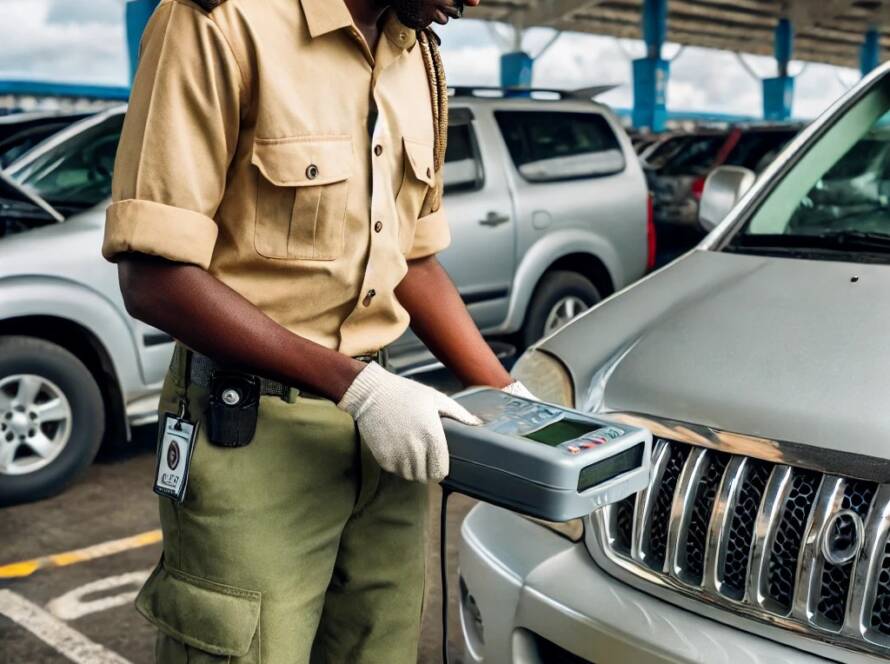Security personnel are the frontline defenders of organizations, safeguarding assets, personnel, and information. However, their effectiveness hinges on comprehensive and ongoing training. In an ever-evolving threat landscape, simply hiring guards isn’t enough; they must be well-equipped with the knowledge, skills, and judgment to handle diverse security challenges. This article explores the vital role of training in building a competent and reliable security workforce.
Why is Training Essential for Security Staff?
- Enhanced Competence: Training equips security staff with the necessary skills to perform their duties effectively, from access control and surveillance to emergency response and conflict resolution.
- Improved Threat Awareness: Security personnel must understand the evolving nature of threats, including physical security risks, cyber threats, and terrorism.
- Consistent Performance: Standardized training ensures that all security staff members adhere to established protocols and procedures, promoting consistency and professionalism.
- Reduced Liability: Properly trained security staff are less likely to make errors or engage in misconduct, reducing the organization’s legal and financial liability.
- Increased Confidence and Morale: Training boosts security staff’s confidence in their abilities, leading to improved morale and job satisfaction.
- Effective Emergency Response: Training prepares security staff to respond effectively to emergencies, such as fires, medical incidents, and active shooter situations.
- Customer Service Skills: Security staff are often the first point of contact for visitors and employees. Training in customer service can enhance their ability to interact professionally and courteously.
Key Components of Security Staff Training:
- Basic Security Principles: This includes training on access control, perimeter security, surveillance techniques, and incident reporting.
- Legal and Ethical Considerations: Security staff must understand their legal authority, limitations, and ethical responsibilities.
- Conflict Resolution and De-escalation: Training on conflict resolution and de-escalation techniques can help security staff manage challenging situations peacefully.
- Emergency Response: This includes training on first aid, CPR, fire safety, and active shooter response.
- Technology and Equipment: Security staff must be proficient in using security technology, such as CCTV systems, access control systems, and alarm systems.
- Communication Skills: Effective communication is essential for security staff. Training should cover verbal communication, report writing, and radio communication.
- Customer Service: Security staff should be trained in providing professional and courteous service to visitors and employees.
- Situational Awareness: Training that increases the security persons ability to observe and interpret their surroundings.
- Physical Training: Depending on the security position, physical training may be required, in order to detain or apprehend a suspect.
Ongoing Training and Development:
- Regular Refresher Courses: Regular refresher courses ensure that security staff remain up-to-date with evolving threats and best practices.
- Scenario-Based Training: Scenario-based training simulates real-world security incidents, allowing security staff to practice their skills in a controlled environment.
- Specialized Training: Security staff may require specialized training for specific roles or industries, such as healthcare security, aviation security, or maritime security.
- Performance Evaluations: Regular performance evaluations can identify areas where security staff may need additional training or support.
The Impact of Effective Training:
Effective training transforms security staff from passive observers to proactive defenders. It empowers them to:
- Anticipate and prevent security incidents.
- Respond effectively to emergencies.
- Maintain a safe and secure environment.
- Project a professional image.
Investing in comprehensive and ongoing training is not an expense; it’s an investment in the safety and security of the organization. By equipping security staff with the necessary skills and knowledge, organizations can create a strong and reliable security force that safeguards their valuable assets and personnel.


